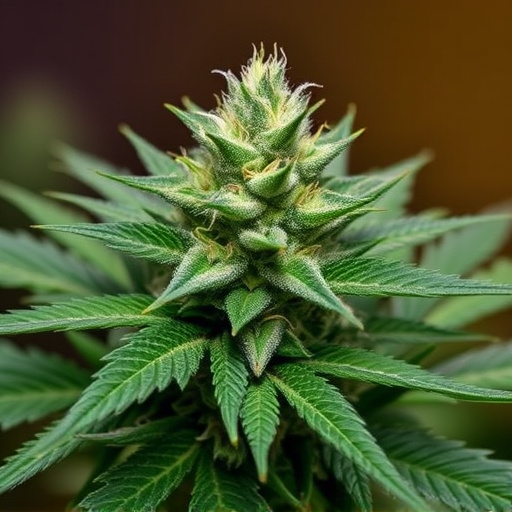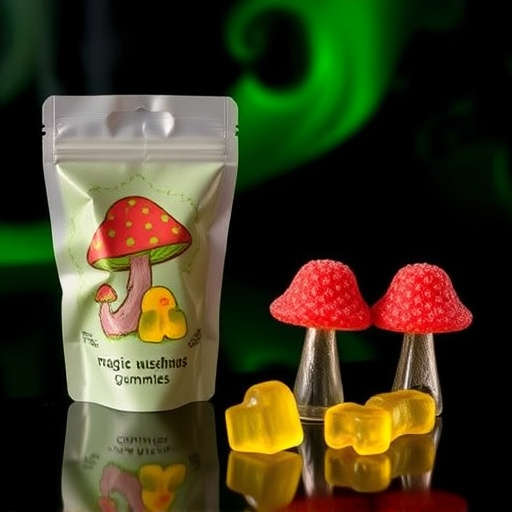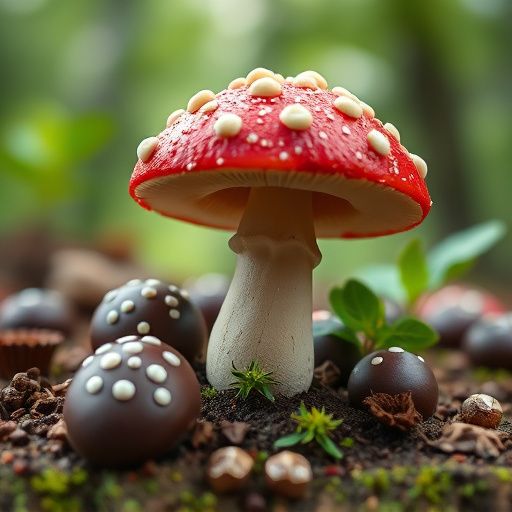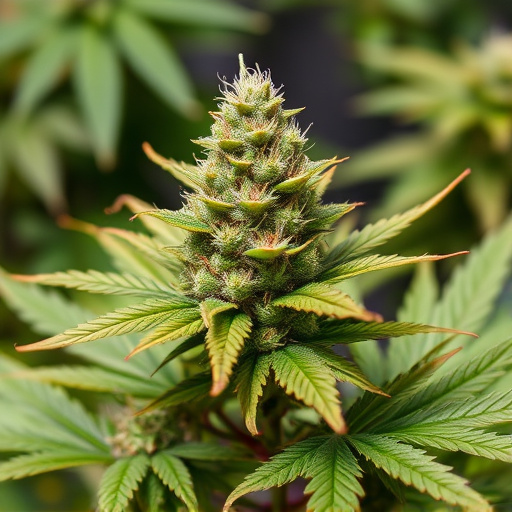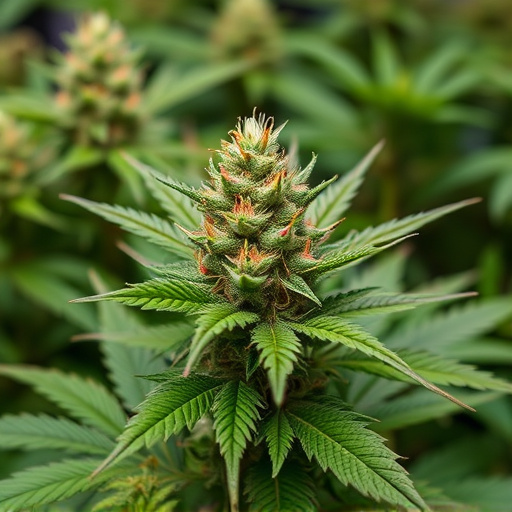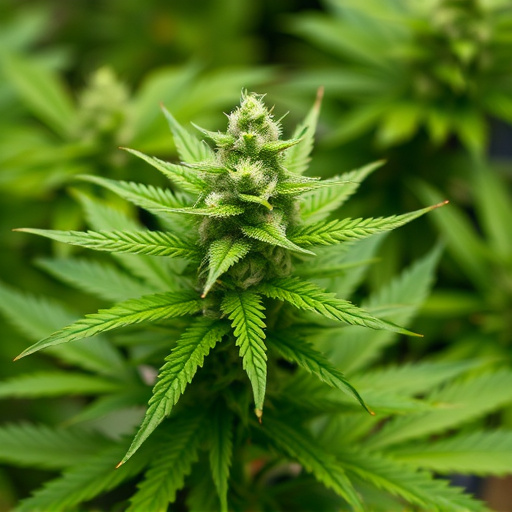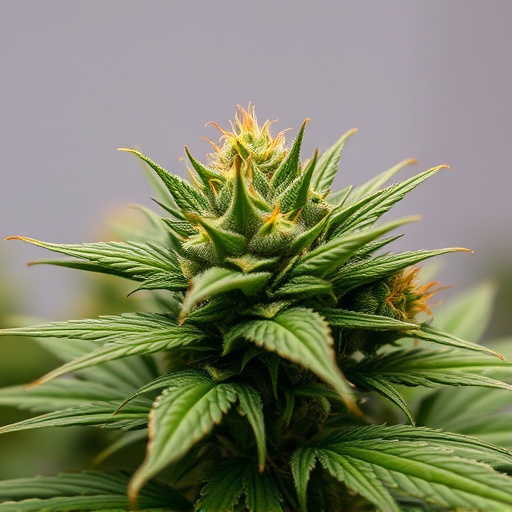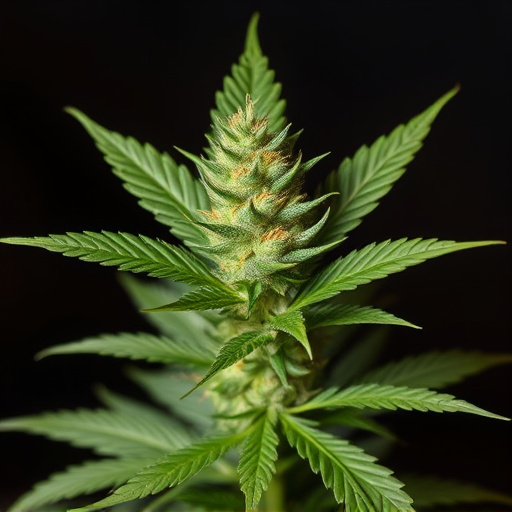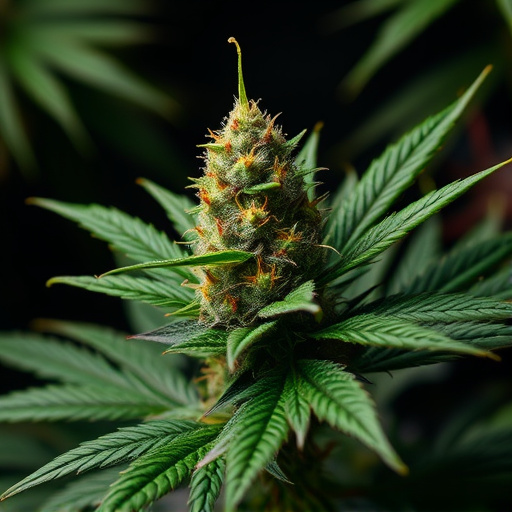Cannabis flower contains THC (up to 30% in high THC strains) for psychoactive effects and CBD for therapeutic benefits without intoxication. High THC strains offer physical euphoria, heightened senses but may cause anxiety or paranoia. They have potential medicinal uses for chronic pain, anxiety and sleep issues, yet carry risks of dependence and cognitive harm, especially in teens. Responsible use and professional guidance are crucial when considering high THC cannabis strains.
Discover the profound effects of cannabis flower, especially those notable in high THC strains. This article navigates the intricate relationship between this plant’s active compounds and the human body and mind. We explore the impact of elevated THC levels, delving into both potential benefits and risks for a balanced perspective. Understanding these effects is crucial, particularly as high THC cannabis strains gain popularity in today’s evolving landscape.
- Understanding Cannabis Flower and Its Active Compounds
- The Impact of High THC Strains on the Body and Mind
- Potential Benefits and Risks: A Balanced Perspective
Understanding Cannabis Flower and Its Active Compounds
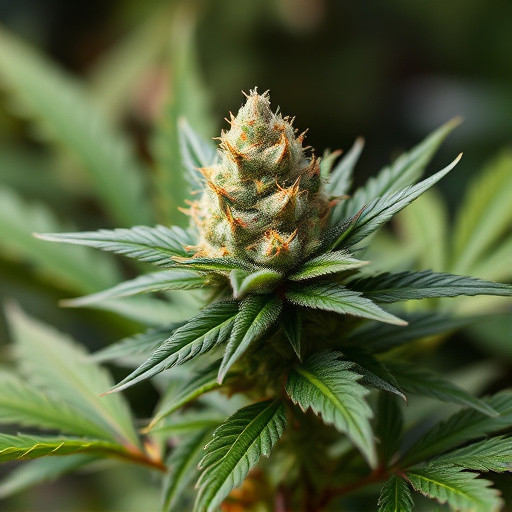
Cannabis flower, often referred to as marijuana or hemp, is the most commonly consumed part of the plant. It’s rich in a diverse range of chemical compounds, with the two most well-known being delta-9-tetrahydrocannabinol (THC) and cannabidiol (CBD). THC is primarily responsible for the plant’s psychoactive effects, inducing feelings of euphoria and altering perception. High THC cannabis strains are particularly sought after by users looking for potent recreational experiences. On the other hand, CBD lacks psychoactive properties but offers a range of potential therapeutic benefits, including reducing anxiety, alleviating chronic pain, and regulating sleep.
The complex interaction between these active compounds, alongside over 100 other terpenes and flavonoids, contributes to cannabis’ multifaceted effects on the body and mind. Understanding this intricate chemistry is crucial in navigating the diverse spectrum of cannabis experiences, whether for medicinal purposes or recreational enjoyment. It also highlights the importance of choosing specific high THC cannabis strains or CBD-rich options based on individual needs and preferences.
The Impact of High THC Strains on the Body and Mind
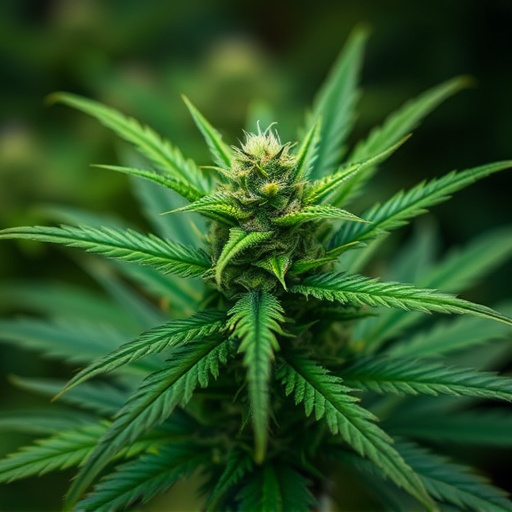
High THC cannabis strains, with their potent psychotropic effects, significantly impact both the body and mind. THC (tetrahydrocannabinol) is the primary psychoactive compound in cannabis, responsible for the “high” users experience. In high THC strains, this compound can reach levels exceeding 20% or even up to 30%, leading to intensified effects compared to lower THC varieties. Physically, it may induce euphoria, heightened senses, increased heart rate, and heightened appetite—often described as a “munchies” effect. However, for some individuals, especially those with a low tolerance, these symptoms can be overwhelming and lead to anxiety, paranoia, or even panic attacks.
Mentally, high THC strains can stimulate creativity and relaxation but also carry risks. Prolonged use may contribute to cognitive impairments, affecting memory and concentration. Some users report altered perceptions and heightened emotional sensitivity. While temporary, these effects can be disorienting, especially in environments that require focus and clear thinking. Understanding the impact of high THC cannabis strains is crucial for consumers, as it helps in making informed decisions about their use, ensuring a safe and enjoyable experience.
Potential Benefits and Risks: A Balanced Perspective
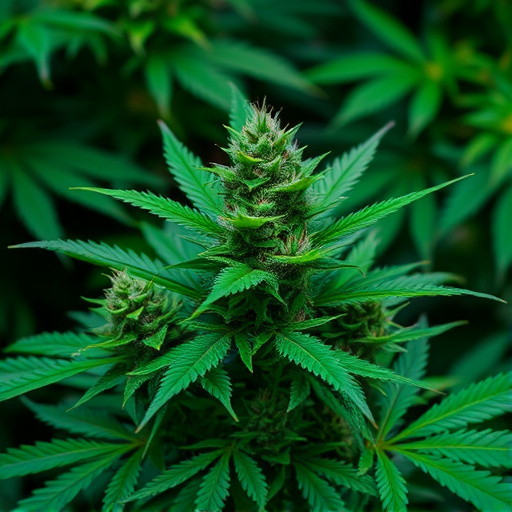
Cannabis flower, particularly high THC strains, offers a range of potential benefits that have garnered significant interest in recent years. The primary psychoactive compound, tetrahydrocannabinol (THC), has been linked to pain relief, reduced anxiety, and improved sleep quality. Studies suggest that cannabis can help alleviate symptoms for patients suffering from chronic conditions such as multiple sclerosis, arthritis, and cancer-related pain. Moreover, its anti-inflammatory properties may contribute to a healthier overall well-being.
However, it’s crucial to acknowledge the potential risks associated with cannabis use. High THC strains can induce anxiety, paranoia, and hallucinations in some individuals. Regular consumption may also lead to dependence and cognitive impairments, particularly in teenagers whose brains are still developing. The impact of cannabis on mental health is a complex issue, and more research is needed to fully understand its effects, especially for vulnerable populations. Balancing the benefits and risks requires an informed approach, including responsible use and seeking professional medical advice.
Cannabis flower, particularly high THC strains, has a profound impact on both the body and mind. While research highlights potential benefits for certain conditions, it’s crucial to balance this with risks such as cognitive impairment and anxiety. Understanding the effects of different strains, like those with elevated THC levels, is essential for making informed decisions about cannabis use. Always consult healthcare professionals for personalized guidance.



